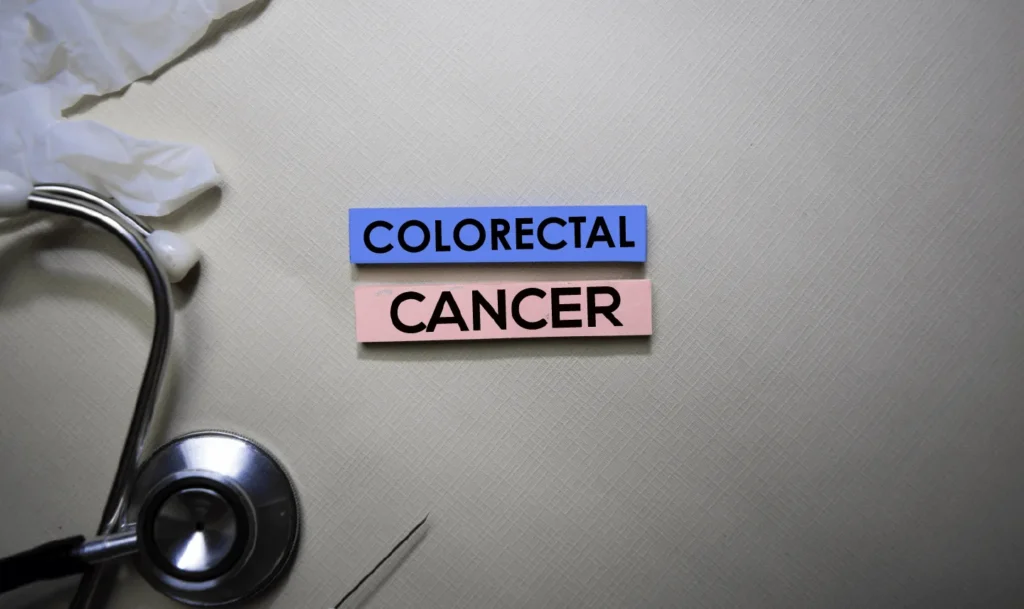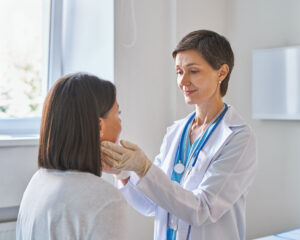Do you know what celebrities like Chadwick Boseman, Charles Schulz, Darryl Strawberry, Ronald Reagan, Sharon Osbourne, Vince Lombardi, Elizabeth Montgomery, Ruth Bader Ginsburg all had in common? They each battled colon cancer. As per the American Cancer Society, colorectal cancer is the 3rd leading cause of cancer-related deaths in men and women in the United States. March is colon cancer awareness month, and you should get screened if you are 45 or older since the lifetime risk of developing colorectal cancer (CRC) is 1 in 23 for men and 1 in 25 for women.
What are some risk factors for CRC? Smoking tobacco, older age, African American race, Inflammatory Bowel Disease, family history of colon cancer, sedentary lifestyle, obesity and alcohol consumption have all been shown to increase your risk for developing colorectal cancer.
How can you minimize your risk of developing colorectal cancer?
Getting screening for colorectal cancer routinely beginning at 45 has been shown to decrease your risk of developing CRC since almost all the colorectal cancers start as precancerous polyps in the colon or rectum and can be removed during a routine colonoscopy. Quitting smoking and increasing your daily exercise can also decrease your risk of developing colon cancer.
What are symptoms of colon cancer? Early stages of colon cancer do not always cause symptoms. That is why getting screened early can help save your life. Other symptoms of colon cancer include rectal bleeding, unexplained weight loss, changes in your bowel movements, weakness or fatigue and persistent abdominal discomfort.
What are some of the most common screening options?
- Colonoscopy. Colonoscopy is considered the gold standard of color rectal cancer screening methods for its ability for view the entire colon and both detect and remove polyps (abnormal growths) during the same procedure. It is the only test that is suitable for high-risk individuals and people who have family history of CRC. If it is normal, this would be done every 10 years. If there were polyps found, it would be every 3 or 5 years depending on what was seen on exam.
- Cologuard. Cologuard is for patients who are at average risk for colon cancer. Cologuard is a non-invasive screening tool that you can perform in the comfort of your home. Cologuard finds 92% of colon cancers, even in early stages (including 94% of Stage I and Stage II colon cancers). If positive, will recommend a colonoscopy. If negative, it should be repeated every 3 years.
- FIT testing. Fecal immunochemical test (FIT) is a screening test for colon cancer. It tests for hidden blood in the stool, which can be an early sign of cancer. FIT only detects human blood from the lower intestines. If positive, a colonoscopy would be recommended. If negative, this test is performed yearly.
When should you get screened?
Average risk individuals should start screening at age 45. If you have a first degree relative who was diagnosed with colon cancer, you should get screened 10 years prior to the age that your relative was diagnosed.
At HealthyU Clinics, we’re here for U. To schedule an appointment, contact us at 602-491-0703 or schedule online here.
By: Dr. Daniel Talamo





